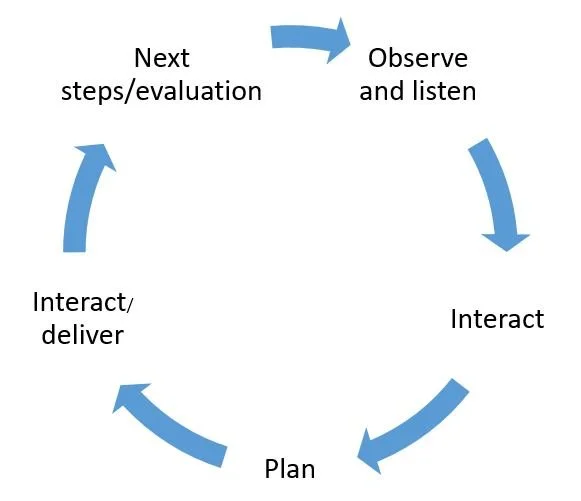Prospectus
Homework
All children are given homework on Monday, and bring it back to school on Friday.
In Year 1 to Year 2, homework is made up of a “menu”, which has a main course that all children should complete. If you’re hungry for more, there’s also the choice of a starter and dessert.
Where possible, homework is mainly practical and verbal activities. Along with the activities on the menu, we also encourage children to read as often as possible. All children have a Reading Record where children and parents can record what they have read at home.
A homework diary is given to all children in Year 1 to Year 6 to help parents monitor homework, and to give children a place to record their work.
Home Learning in Reception Classes
Children in reception borrow library books to take home and share with you. Here are some ideas of what you can do with the books:
Read the story to your child
Let your child read the book by looking at the pictures
Talk about the characters in the story
Ask questions about the book
Reception children also bring home a reading log and words/books that they can read using their phonic knowledge, these materials are for the children to read to you. They will also bring home a sheet that has some ideas for you and your child to do at home. This homework sheet links to what they have been doing at school.
Assessment
Every term at Parents’ Evening, you have the chance to meet your child’s teacher to talk about progress. In July, all children bring home a report of their progress and attainment.
Children in Year 6 sit national curriculum assessments in Reading, Maths and Grammar, Punctuation and Spelling.
Assessment informs teachers, leadership and parents of a child’s level of progress and attainment, compared to national expectations. If you are concerned about your child’s progress, please speak to your child’s teacher. Similarly, your child’s teacher might contact you if they have concerns.
In the Foundation Stage, a profile is completed for each child to monitor progress toward Early Learning Goals.
Assessment in the Foundation Stage
In foundation stage we assess children every day following our assessment cycle. We observe and listen to the children to find out what they know and can do already. We interact with the children to develop, deepen and extend their skills and knowledge. When the interaction has finished, the practitioner might plan for further activities to continue this learning. This might be for 1 child, a group of children or for the whole class. The planning might be in the moment or long term. If the planning is long term the practitioner will deliver the planned lessons/activities and then evaluate it. If it is in the moment, the practitioner will deliver their teachable moment and consider the child’s/children’s next steps.
Focus Week
Every child has a focus week at least every term. During this time the child can bring in things from home and share any news that they have. Practitioners will work closely with the children to observe, interact and record their observations. Each class team meet to discuss the focus children and plan their next steps.
Parent meetings
Parent/carers will be invited to come into class to discuss their child’s focus week and look at their observations. This gives parents/carers and practitioners the chance to ask any questions and share any achievements or concerns.
Next steps
Next steps are taught either in the moment or over a period of time. Some next steps are recorded in the child’s learning journey, others are remembered and discussed with other practitioners and parent/carers. Here are some examples of what a child’s next step might be:
To practice washing their hands independently
To learn the first 5 letter sounds in read write inc
To understand the value of numbers 0-5
To use the zones of regulation to articulate how they’re feeling
Non-statutory guidance
We use Birth to 5 matters as a guide to assessing children’s learning and development in the foundation stage. You can download a copy off this document from their website: www.birthto5matters.org.uk. We also follow the guidance given in the new reading framework: teaching the foundations for early literacy 2021.
Statutory documents for foundation stage
We follow the statutory guidance for the early year’s foundation stage outlined in the new framework 2021. You can find this document on the government website.
At the end of foundation stage 2 (reception) we make professional judgements to say whether or not the children have met the statutory early learning goals outlined in the statutory early years foundation stage profile. You can also find this document on the government website.
SEND
Special
Educational
Needs and Disabilities
We are determined to offer mainstream school opportunities to all children, if it is possible to meet their needs. We know all children have different needs, and treat each child as an individual.
Provision is made as far as possible for all children with Special Educational Needs and Disabilities. We try to identify, as early as possible, any child with additional need. We involve parents as much as possible.
All pupils identified as having additional needs have an individual plan put in place by the class teacher and the Special Educational Needs Coordinator (SENCO).
If you have any concerns about your child, don’t hesitate to speak to school staff.
School
Standards
In line with our Mission Statement, the behaviour we promote in school encourages self–respect and respect of each other, based on Christ’s teaching.
We recognise that discipline and good behaviour are vital to helping us function as a community.
We know there are times where we all fail to live up to our Christian ideals — we create an atmosphere of reconciliation and forgiveness.
Anti–
Bullying
Harassment or bullying of others is not accepted at St Catherine’s. As a school we have a clear Anti–bullying Policy, with guidelines to be followed if anyone is found to be bullying another.
Class teachers, and the Headteacher, deal seriously with all incidents of bullying. The school logs all inappropriate behaviour.
If necessary, the Discipline subcommittee of the Governing Body deals with incidents. Bullying incidents are reported to the full Governing Body every term.
Racist
Behaviour
Racist behaviour is not tolerated. We have a clear policy for dealing with racist incidents, and the leadership team deal with all incidents of alleged racism.
All allegations are recorded and logged, and figures are reported to the Governing Body every term and to the Local Authority every year.


